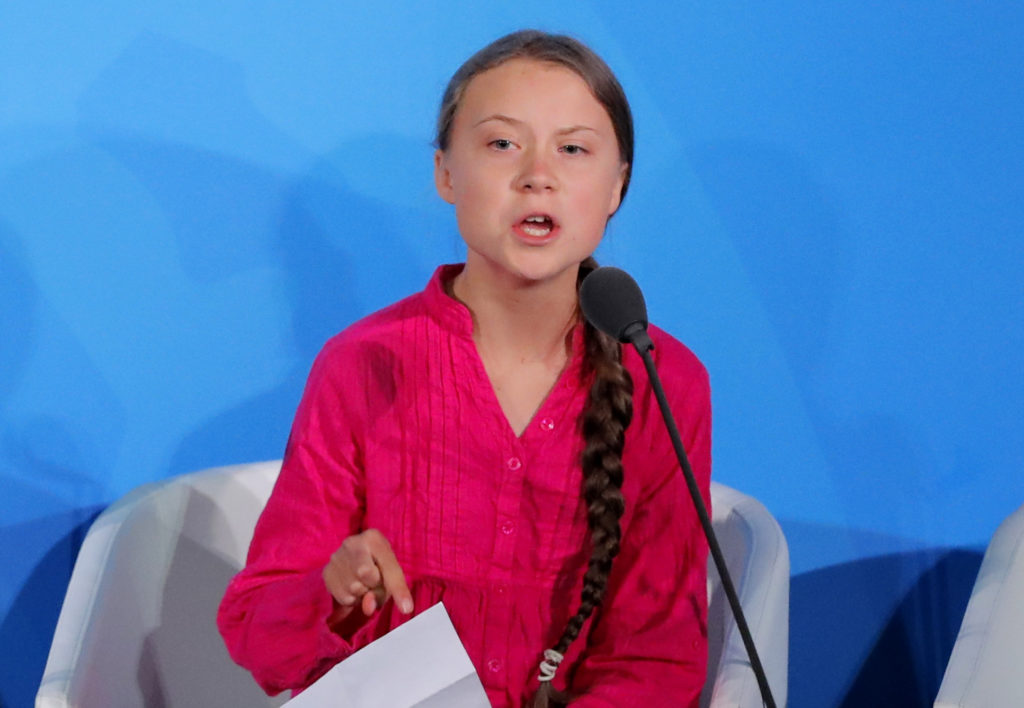Introduction
In recent times, the pressing issue of climate change has brought leaders from around the world together to address the global crisis. The United Nations (UN) Summit on Climate Change serves as a platform for world leaders to discuss the urgent need for collective action to combat environmental challenges and safeguard the planet for future generations.
The Urgency of Climate Action
Recognizing the Threat
Global leaders have begun to acknowledge the catastrophic impacts of climate change. From rising sea levels to extreme weather events, the evidence is clear: urgent action is required to prevent irreversible damage to our environment.
Shifting Mindsets
The UN Summit aims to reshape mindsets and policies to prioritize sustainability and environmental consciousness. It serves as a call to action, urging governments, industries, and communities to adopt practices that reduce their carbon footprint and promote responsible resource management.
Collaborative Solutions
International Cooperation
One of the core themes of the UN Summit is international cooperation. Leaders understand that the climate crisis transcends borders, necessitating joint efforts to develop effective solutions. Through diplomatic negotiations and collaborative projects, nations can work together to mitigate the impact of climate change.
Innovation and Technology
Innovation and technology play a vital role in addressing the climate crisis. From renewable energy sources to sustainable agriculture practices, advancements in technology can pave the way for greener alternatives that minimize environmental harm.
Policy Reforms
Commitment to Change
At the heart of the UN Summit lies the commitment of global leaders to enact policy reforms that align with climate goals. This includes setting ambitious targets for reducing greenhouse gas emissions, transitioning to clean energy sources, and supporting eco-friendly initiatives.
Balancing Economic Growth and Sustainability
Leaders also grapple with the challenge of balancing economic growth with environmental sustainability. The summit provides a platform for discussions on how to create policies that foster economic prosperity without compromising the planet’s health.
Carbon Pricing Mechanisms
Another important aspect of policy reform is the implementation of carbon pricing mechanisms. By putting a price on carbon emissions, governments can incentivize businesses to reduce their carbon footprint and invest in cleaner technologies. This approach not only encourages environmental responsibility but also generates funds that can be directed towards sustainable initiatives.
Challenges and Controversies
Political Obstacles
While many leaders are united in their commitment to combating climate change, political obstacles can hinder progress. Disagreements over responsibility, financial contributions, and regulatory frameworks can slow down the process of enacting impactful change.
Industry Resistance
Certain industries may resist transitioning to sustainable practices due to concerns about economic viability. The summit addresses this challenge by exploring ways to incentivize industries to embrace environmentally friendly practices without sacrificing profitability.
The Role of Individuals
Empowering Citizens
Global leaders acknowledge that individuals also have a significant role to play in addressing the climate crisis. Through education and awareness campaigns, citizens can be empowered to make eco-conscious choices in their daily lives.
Grassroots Movements
The summit highlights the importance of grassroots movements that advocate for environmental protection. These movements can influence policy decisions and encourage governments to prioritize climate-friendly initiatives.
Conclusion
The UN Summit on Climate Change serves as a critical forum for global leaders to discuss and strategize collective actions against the climate crisis. With the recognition of the urgent need for change, collaborative solutions, policy reforms, and individual contributions, there is hope that the world can mitigate the effects of climate change and pave the way for a sustainable future.
FAQs
- What is the UN Summit on Climate Change? The UN Summit on Climate Change is a gathering of world leaders to discuss strategies and initiatives aimed at addressing the global climate crisis.
- Why is international cooperation important in combating climate change? Climate change is a global issue that requires collaborative efforts to develop effective solutions and share resources.
- How can innovation help combat climate change? Innovation and technology can lead to the development of sustainable practices and alternatives that reduce environmental impact.
- What challenges do leaders face in enacting climate-related policies? Leaders must balance economic growth, political considerations, and industry resistance while implementing policies to address climate change.
- What can individuals do to contribute to climate action? Individuals can make a difference by adopting eco-friendly habits, supporting sustainable initiatives, and raising awareness about environmental issues.




